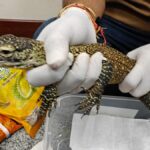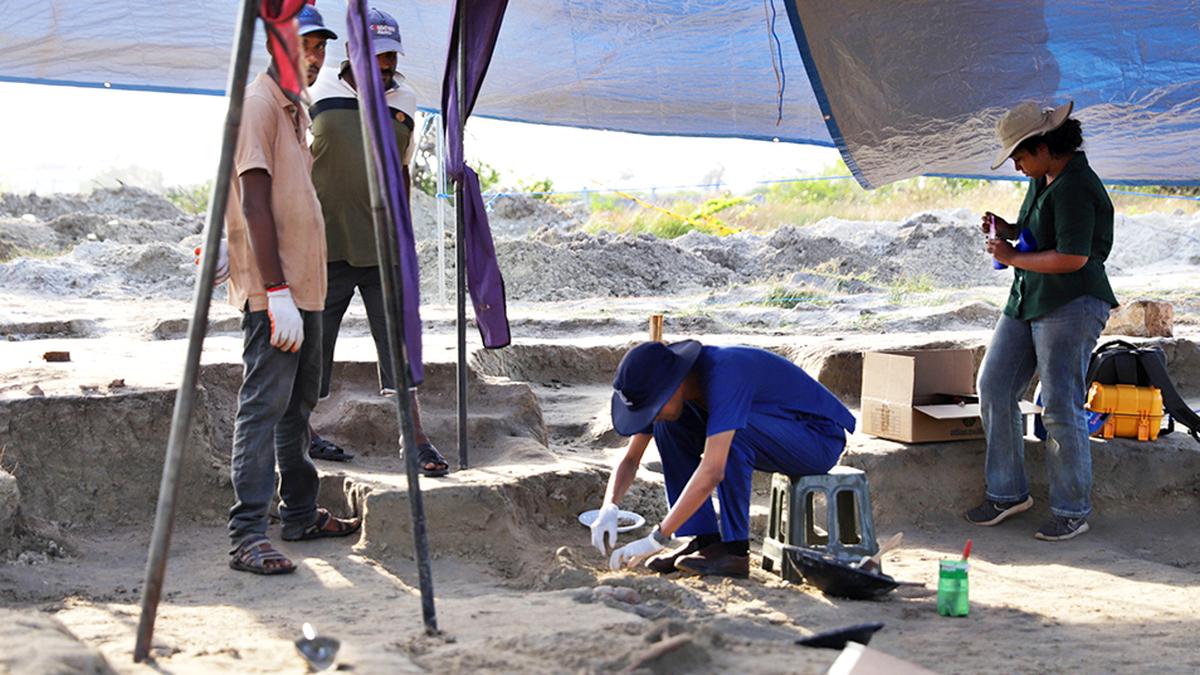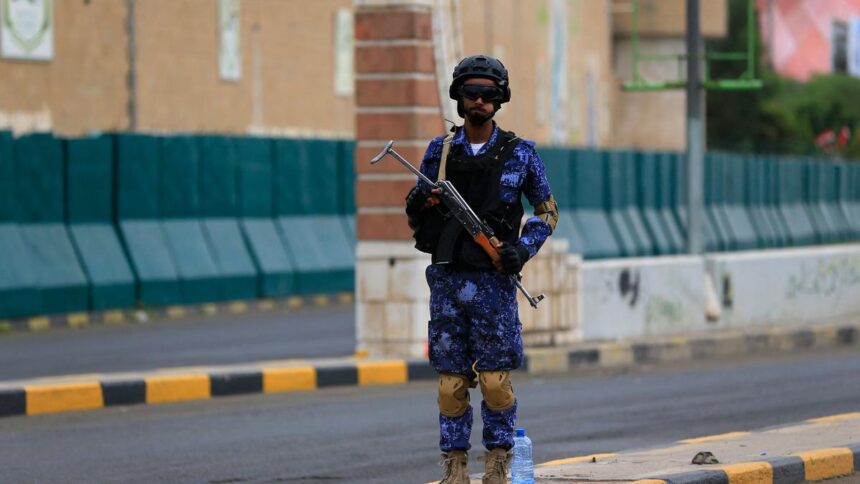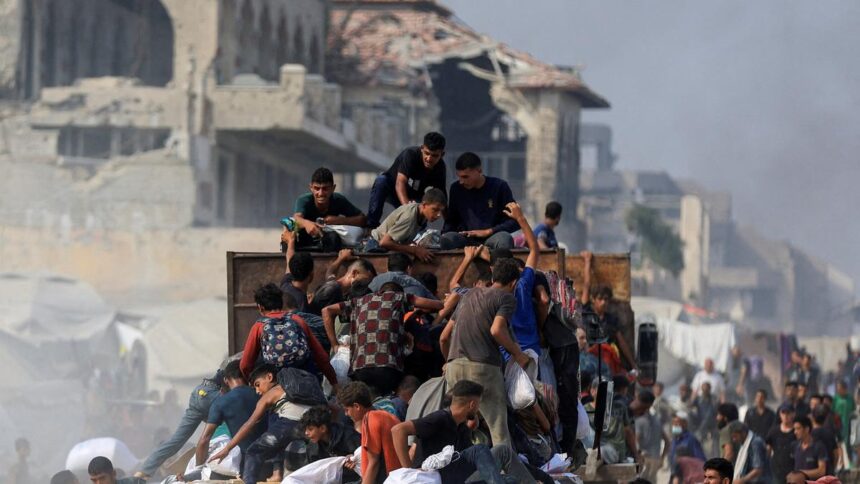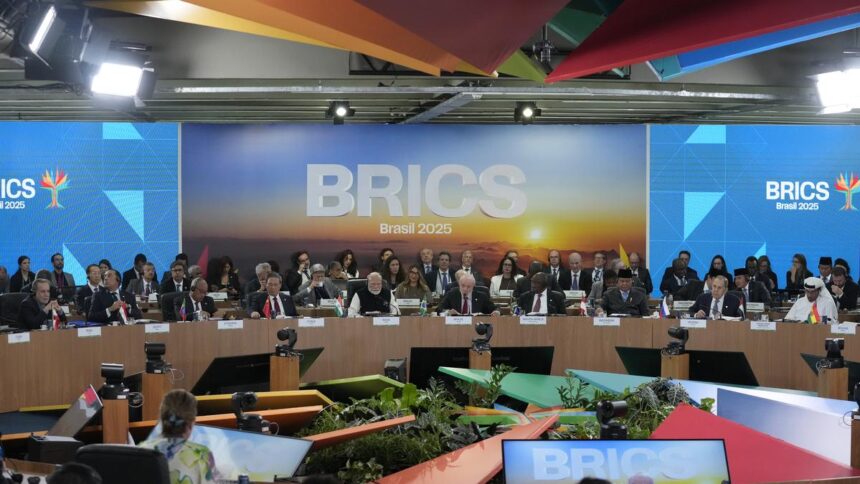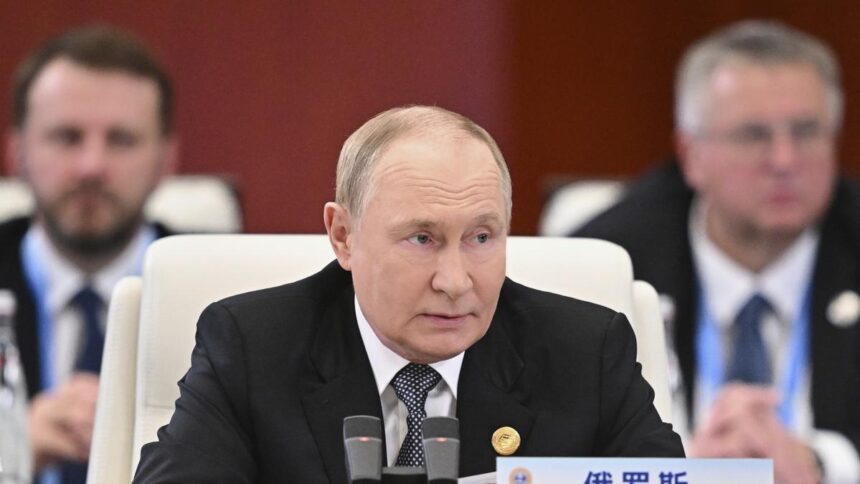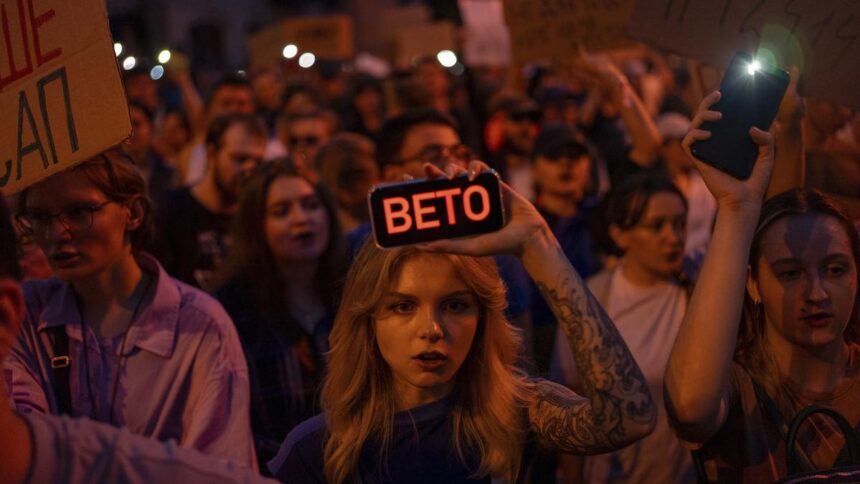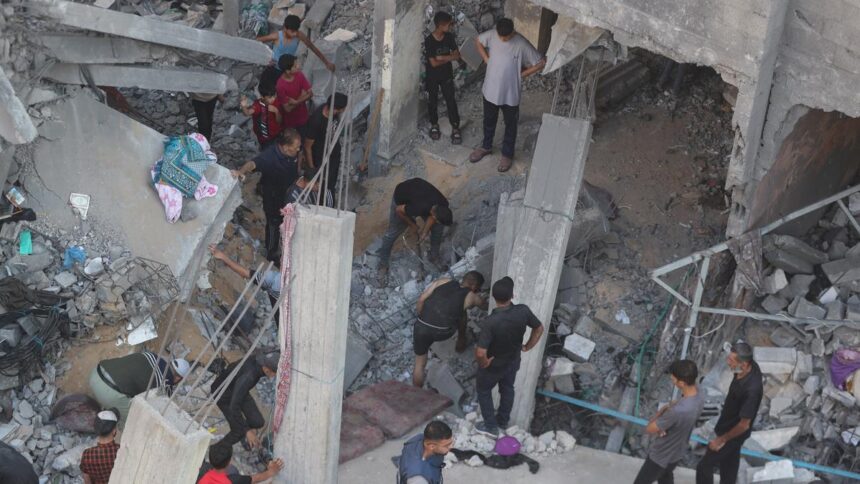
Officials said that at no stage has there been a suspension or delay due to lack of funds.
| Photo Credit: AP
Sri Lanka’s Ministry of Justice and National Integration has refuted recent media reports claiming that the exhumation at the mass grave site in Chemmani, in the northern Jaffna district, has been halted owing to a “lack of funds”.
Issuing a statement on the ongoing probe, the Ministry said: “At no stage has there been a suspension or delay due to lack of funds,” and media reports claiming so are “inaccurate and risk spreading misinformation among the public.”
Also read: Jaffna mass grave, a test for the Dissanayake government
Last week, the Press Trust of India published a news report headlined ‘Excavation of Sri Lanka’s Chemmani mass grave halted over lack of funds’. Citing lawyers familiar with the probe, the report said work was “halted pending fresh allocation of funds”, and that funding for the remainder of the excavation work was expected in the next two weeks.
Reaffirming its “firm commitment” to supporting the judicial process, the Justice Ministry said funds for the excavations are allocated based on requests made by the Jaffna Magistrate’s Court and the Judicial Medical Officer (JMO). In every instance, the full amount was released based on such requests, it said, adding that the “imprest was released on time, in phases, and strictly according to necessity”. The budget for phase three, to be presented to the Jaffna High Court, will be forwarded to the Ministry for approval, said the Ministry’s statement dated September 8, 2025.
The Chemmani mass grave probe began in May 2025, months after workers preparing to expand a crematorium, stumbled upon what appeared to be human bones. Found in Sri Lanka’s former war zone, the mass graves have brought the country’s troubled past back in the spotlight, 16 years after island’s civil war ended. For Tamils, who have been demanding accountability for human rights violations during and after the war, the site has renewed apprehensions over the real prospects for truth and justice.
Also read: Decades later, a difficult story finds its way to Sri Lanka’s Sinhala south
As many as 239 bodies have been retrieved so far, with a team of experts — a senior archaeologist, assisted by students at the University of Jaffna, and JMOs (including forensic pathologists and those specialising in forensic anthropology) — completing the second phase of the excavation last week.
Addressing the ongoing session of the Human Rights Council in Geneva on September 8, 2025, Sri Lanka’s Foreign Minister Vijitha Herath said investigations independent of any Government interference are being conducted under judicial oversight into the grave sites, including in Chemmani. “The Government has and will continue to provide adequate resources for the related processes,” he said, adding that the government is “committed to advancing accountability through credible domestic processes”.
Published – September 10, 2025 09:18 pm IST




